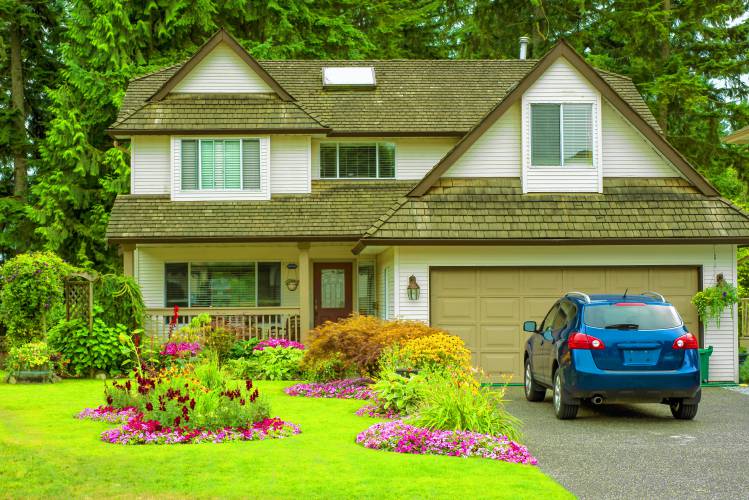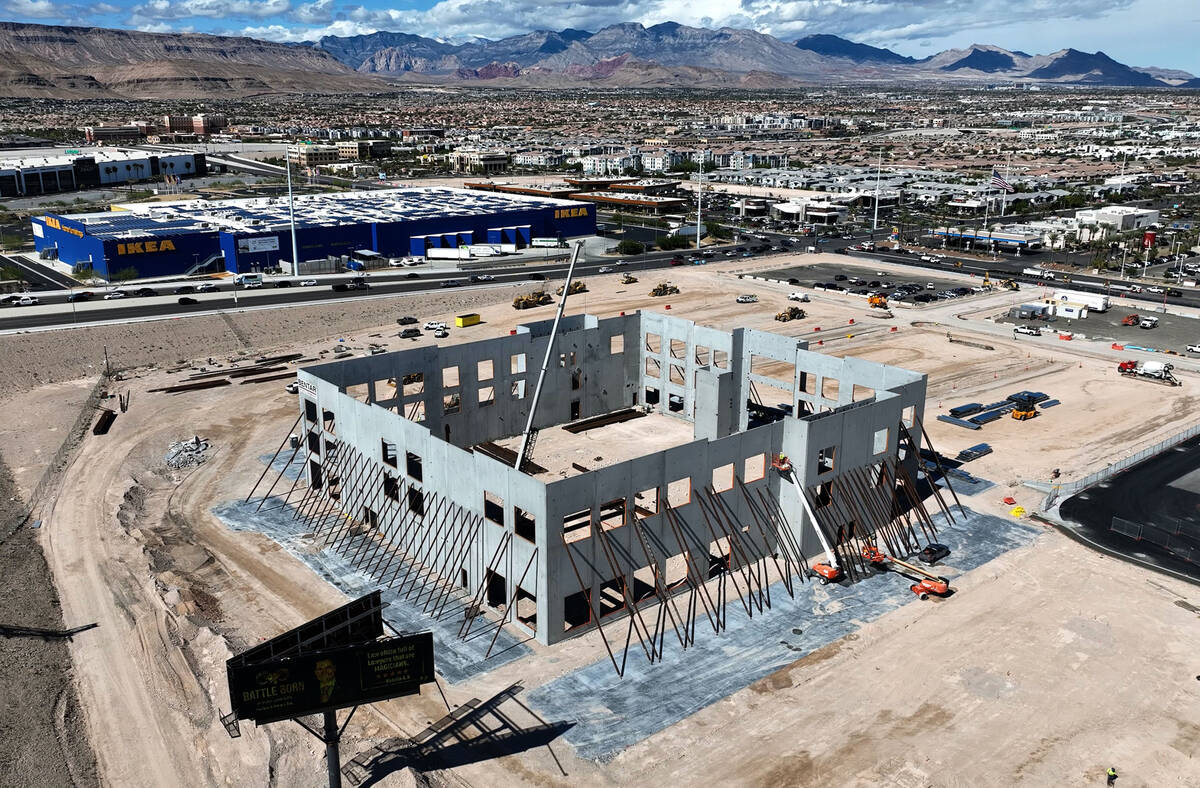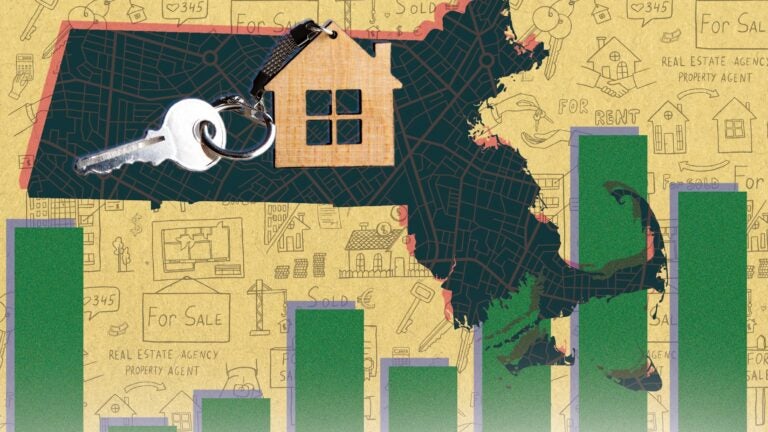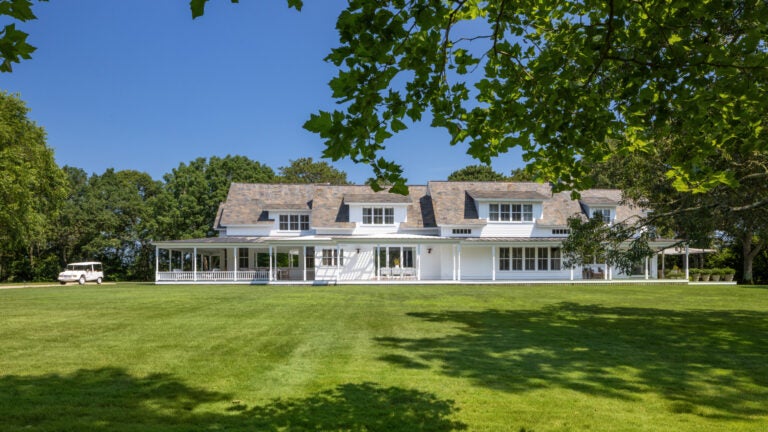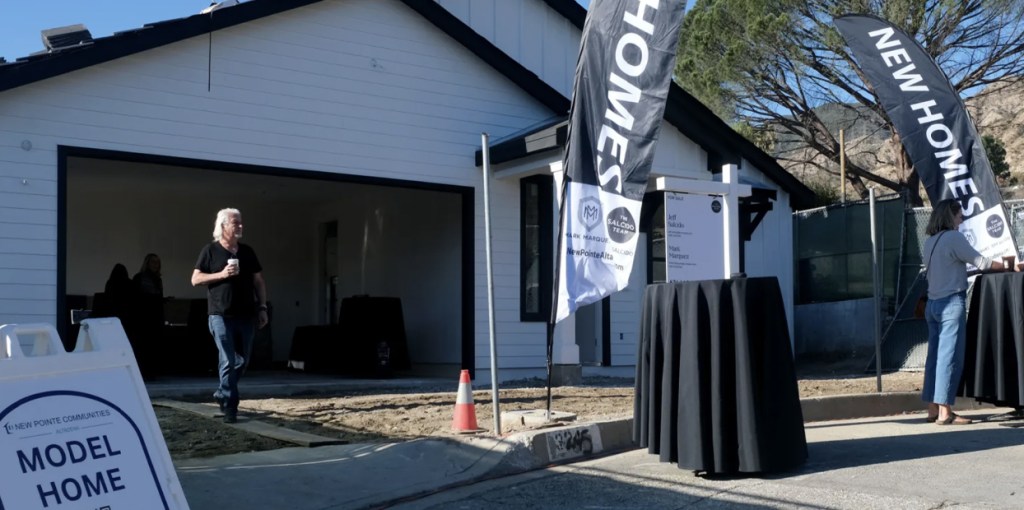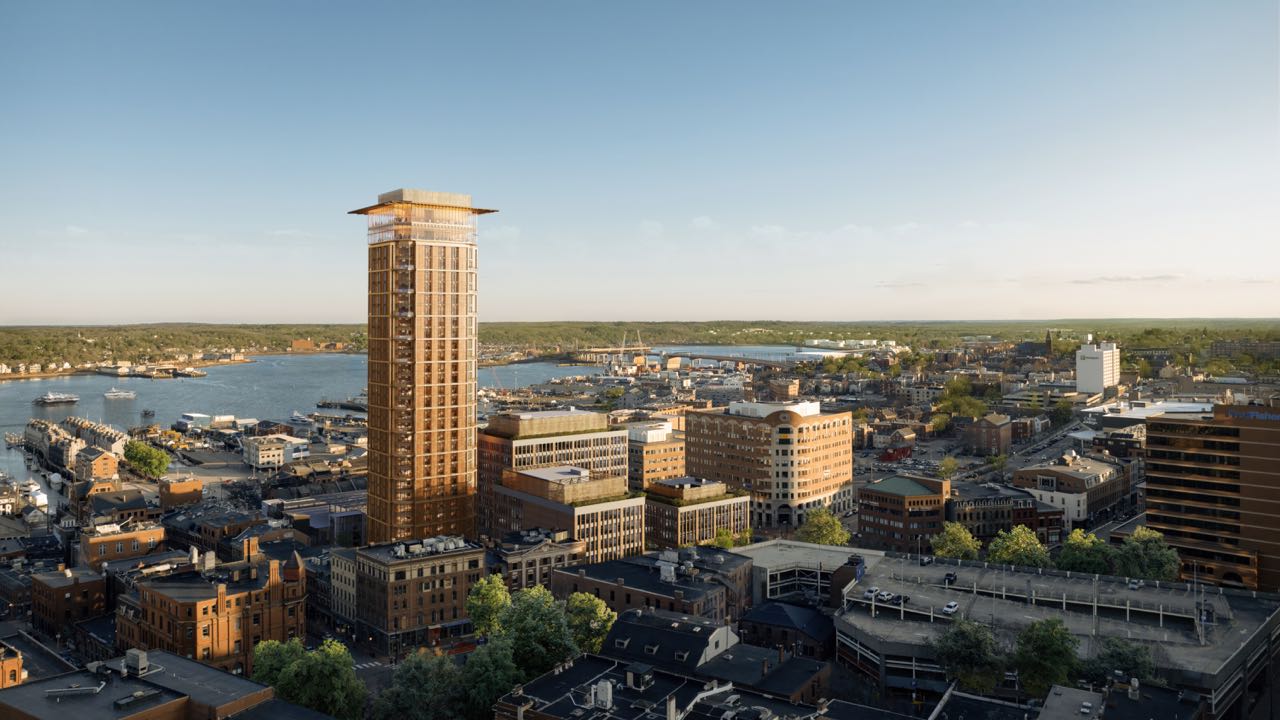W
elcome to the world of purpose-built real estate investing, where aesthetics, efficiency, and equity converge. Heartwood Trust is redefining rental housing as a force for long-term financial resilience and environmental regeneration.
As the climate crisis intensifies and living costs rise, we're at a turning point to redesign our essential infrastructure: homes. Heartwood argues that it's time for a new generation of rental housing that's energy-efficient, zero-carbon, community-centered, and financially future-proof.
"We're investing in beautiful and resilient buildings," says David Constable, co-founder of Heartwood Trust and an award-winning architect. "By using data analytics and rigorous evaluation, we make informed decisions and aim to prove that performance and return drive each other."
Heartwood's hypothesis is simple yet radical: design and build properties that are carbon-smart, operationally efficient, and socially responsive—and long-term value will follow.
Their developments feature mass timber construction, geothermal systems, passive design techniques, native landscaping, and all-electric operations powered by clean energy. These choices reduce maintenance costs, shield against rising energy prices, and future-proof properties against carbon-related regulation.
"Energy-efficient buildings don't just cut emissions—they cut costs," Constable adds. "You spend less on heating, cooling, and maintenance while attracting tenants who value sustainability and quality of life."
Heartwood's strategy speaks volumes: with six projects underway totaling 727 rental units and $461 million in development, they're systematically testing what it means to embed resilience into every phase of the building lifecycle.
Their secret is a systems-thinking approach that merges urban design, energy modeling, and community integration to optimize performance across financial, environmental, and human metrics. These aren't just rental buildings; they are platforms for economic durability.
Heartwood's most subversive act may not be its energy systems or carbon modeling—but its return to a deeply human premise: housing should support dignity. Each project is conceived with a triple bottom line in mind, investing in neighborhoods where walkability, access to transit, and proximity to services enhance both livability and long-term desirability.
In a market often driven by short-term arbitrage, Heartwood's bet on beauty and community as strategic assets feels radical yet refreshingly obvious. They're not just reacting to a changing world—they're building for it.
"We believe that good design, climate performance, and economic value are not mutually exclusive," says Constable. "They are, in fact, deeply interconnected."
For a new generation of investors looking to align their capital with impact, Heartwood offers a compelling blueprint. Theirs is a platform where capital meets conscience, where purpose drives performance, and where returns are measured not only in dollars but in decades of resilience and stability.
In a sector often criticized for extractive practices, Heartwood Trust is proving that real estate can be reimagined—as a service to society, a tool for transformation, and a solid bet for investors who want to sleep well at night. They're showing us that buildings aren't just where we live—they're how we live.

